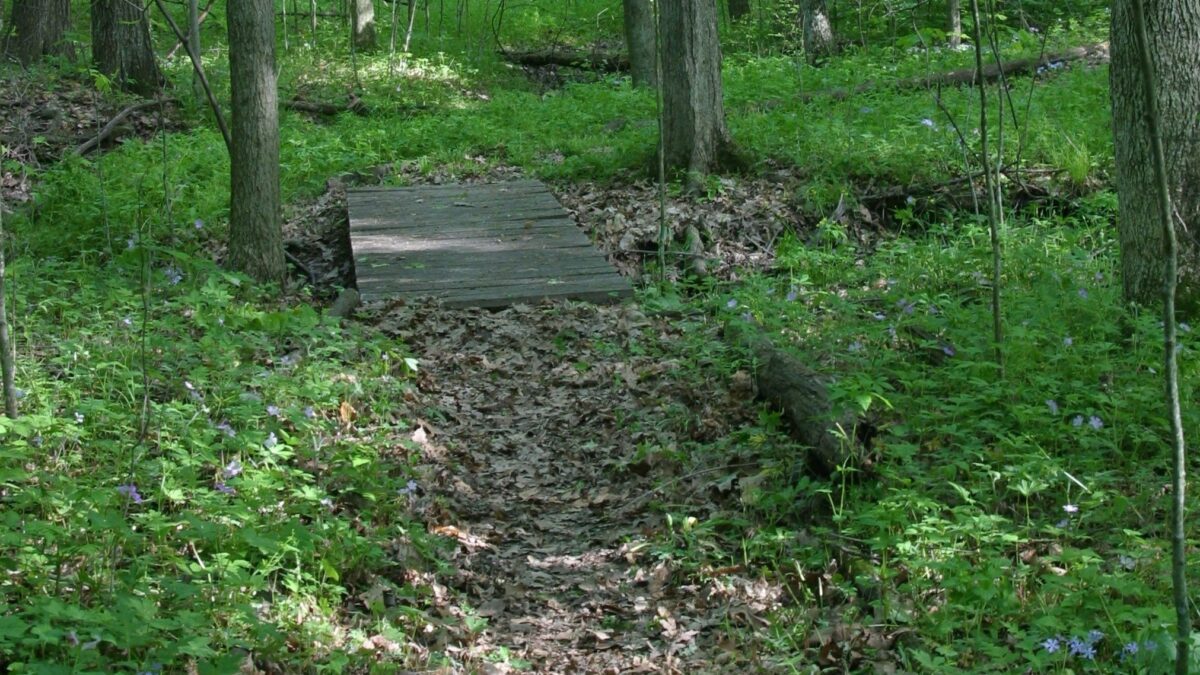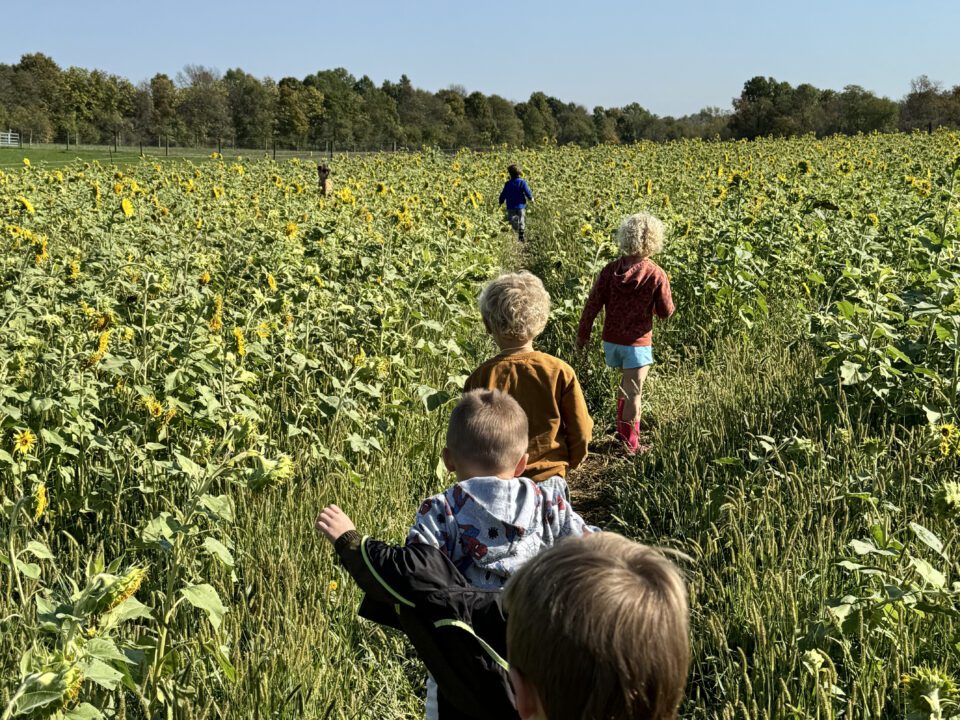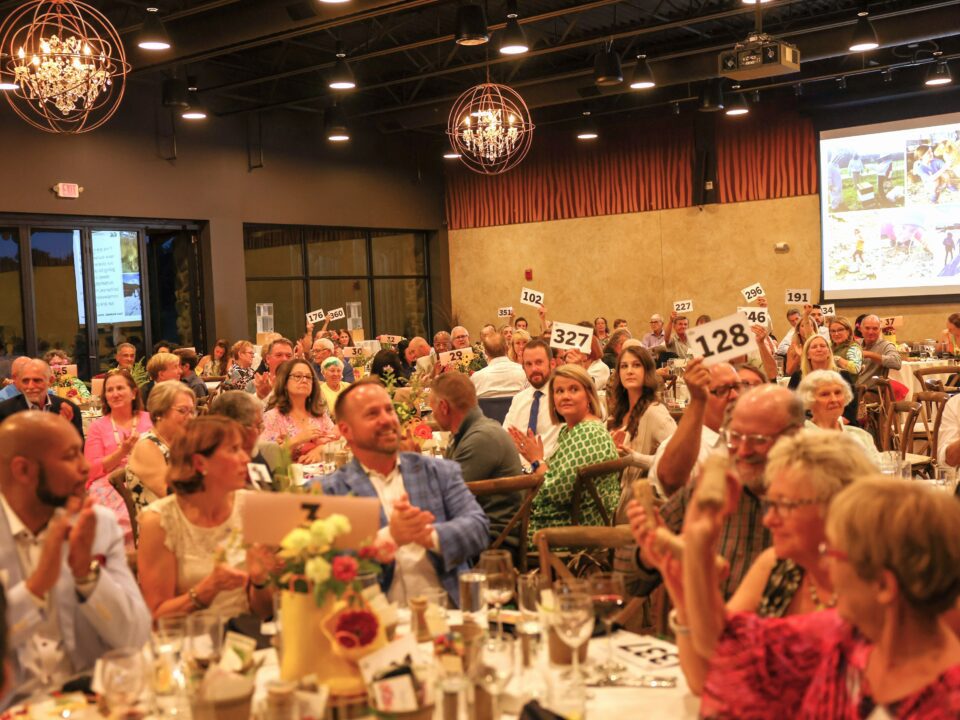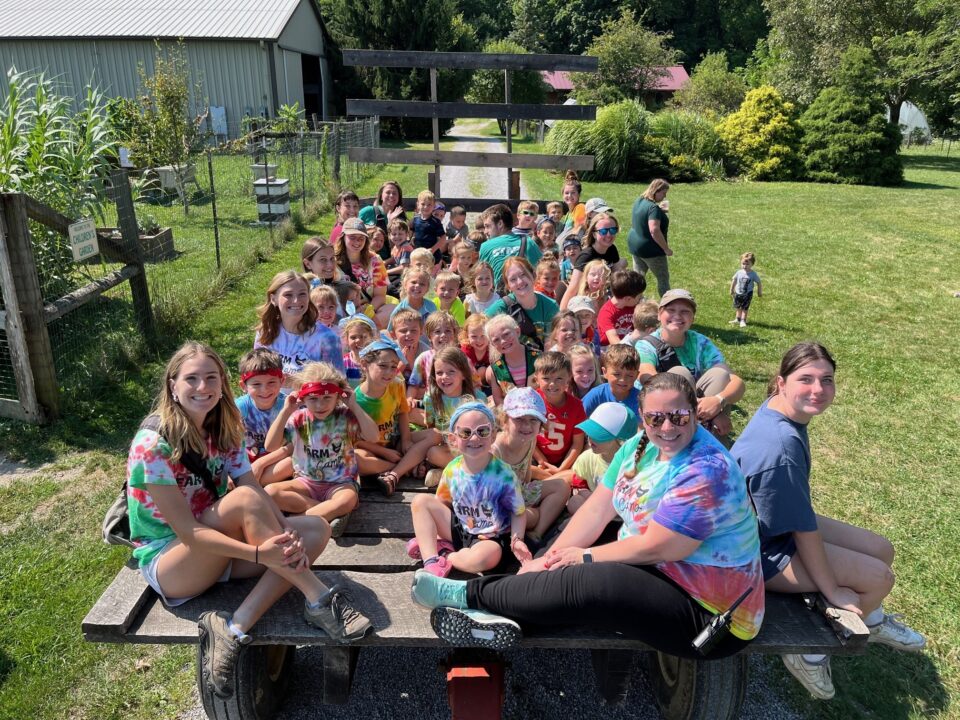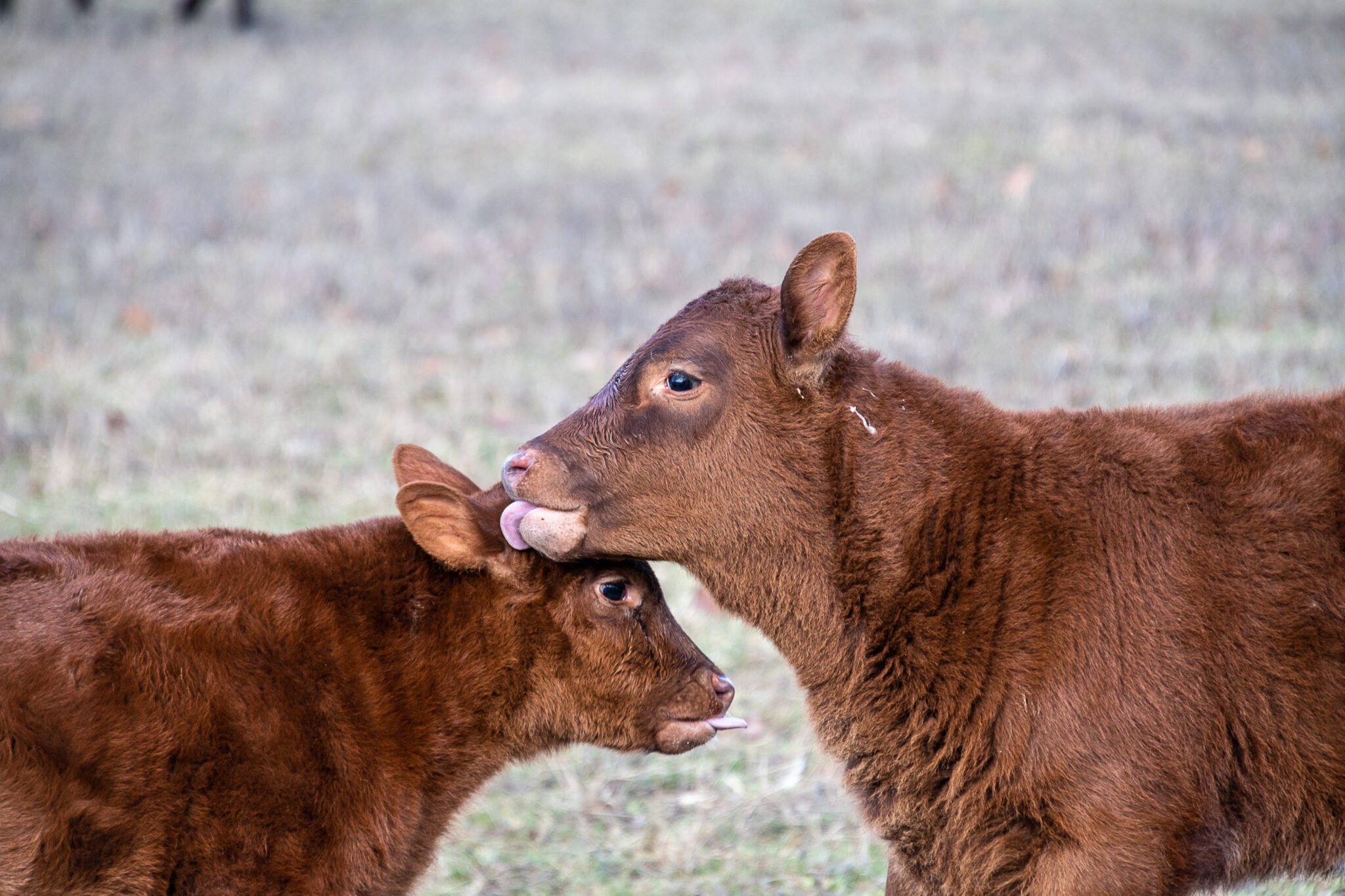
Coyotes Foiled at Stratford by Electric Fence and Cattle
November 5, 2011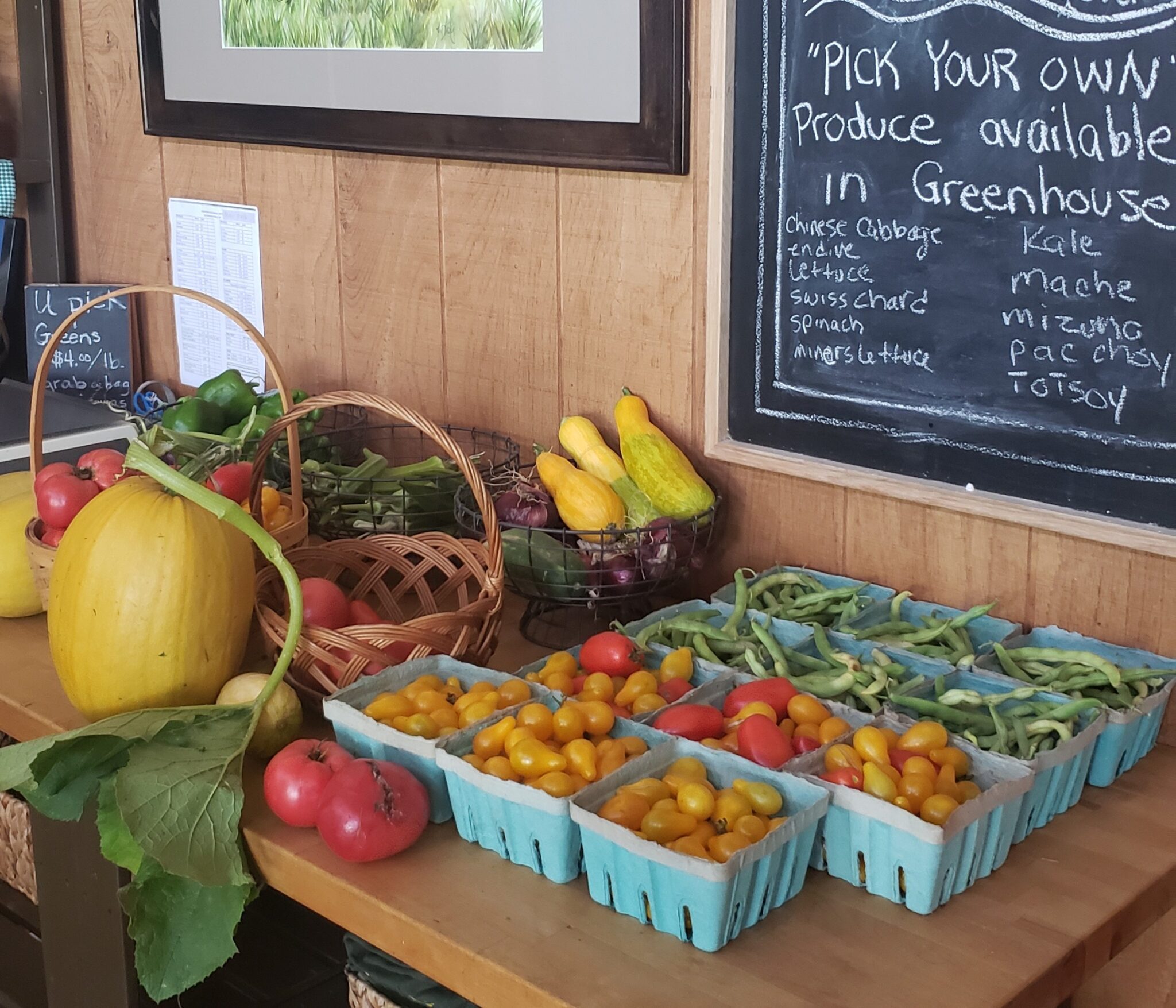
Food Comes First at Stratford Ecological Center
January 17, 2012Published in The Delaware Gazette: December 3, 2011
Activities are gradually winding down at Stratford Ecological Center on Liberty Road. The final school tour, on a particularly sunny day, lasted three hours and included lunch on the trail. These longer tours provide an opportunity to slow down and explore more thoroughly, so it was a good way to end the season.
A Grandmama joined a group with her granddaughter and later wrote to say “That’s the first field trip I’ve been on since my children were little and it was fun. I learned a lot myself.” We are pleased our visitor heeded our most important rule to have fun!
The props for the 5th grade science program Sunship Earth were gathered up from the far corners of the farm and brought to the machine shed to be cleaned and stored. The program utilized areas of woodland formerly underused and created new trails, now open to the public during our usual hours of operation. Cloth maps are available in the education building and include these additional trails and their creative names.
Some of the older trails suffered during the wet fall. Next spring volunteers will carry out maintenance work, including lining the trails with dead branches. These make the unobtrusive trails a lot easier to follow, especially during fall when leaves have caused more than one tour guide to become disoriented!
“The Virtual Pasture” project, established with Ohio State, is coming to a close. Via a camera link and a monthly visit by Shetland sheep, Ohio’s and the University’s agricultural heritage, were on display for a new generation of students.
The sheep’s presence drew large crowds and re-connected the students and others to the system of raising animals, and in so doing full-filled the program’s mission. On Monday, December 5, at a closing ceremony outside the Wexner Center, the thirteen sheep will be mock auctioned. Afterwards, we hope some will go to research education facilities, a few will remain with us, and the rest will go to new homes where their high quality wool will be welcome.
The seed catalogues are already arriving. Farmer Jeff Dickinson needs to give a lot of thought to the type and variety of vegetables to grow next season, the best combinations of grasses and legumes for hay, and he must narrow down the myriad of options for feed grain. The farm’s soil conditions and micro climate also influence his choices.
Work has been completed to tighten the perimeter fence and gates in the children’s garden to provide the young chickens with a greater feeding range, as their run becomes a mud bath in the winter. The four raised strawberry beds are fully established and it will not be a problem should the leaves be eaten off before winter kill. Most of the raised beds are sown with a cover crop of annual rye protecting them from erosion, and pecking will not hurt. The chickens will benefit the garden by eating grubs and insects and adding natural fertilizer.
Fuzzy, the Toggenburg buck, returned to mate with one of our nanny goats, Liberty, who continues to be a real trooper and produces very desirable offspring. With Toggenburgs we look for offspring with a hearty constitution, a strong resistance to parasites and good confirmation for milking. Luka, Liberty’s daughter, has the desired traits and she too will be mated with Fuzzy.
The remainder of our herd of crossbred Toggenburg/Oberhasli goats are breeding with a newly purchased Boer/Nubian cross buck. He’s a handsome fellow, with a white back and rump and brown bib and head. Fortunately, being younger and a different breed, he does not exude a strong odor like Fuzzy! Once mating season is over he will be available for purchase. His offspring will be sold for meat, as the Boer produces better meat than milk.
The one-row corn harvester has been checked and greased and is ready to use when the ground freezes. The corn moisture content has actually reversed direction and increased in the last month, preventing harvest. A freeze will lower the moisture by squeezing it out of the kernel, hastening drying and will allow for harvesting. We plan to store the cobs in trailers in the machine shed, rather than the corn crib, where the chance of mold is high.
With the animals continuing to graze outside, and the amusing sight of the black Shetland sheep lying contentedly on the warm manure pile, it is an excellent time to explore the farm and discover the new trails. I am confident the experience would beat the crowds in the shopping center. It may be the best gift you could give yourself, your family and your friends. Best wishes.
“Farm Connection” is a monthly article connecting city folk to life on the Stratford Ecological Center farm. It is published on the first Saturday of the month on the farm and garden page of The Delaware Gazette.


